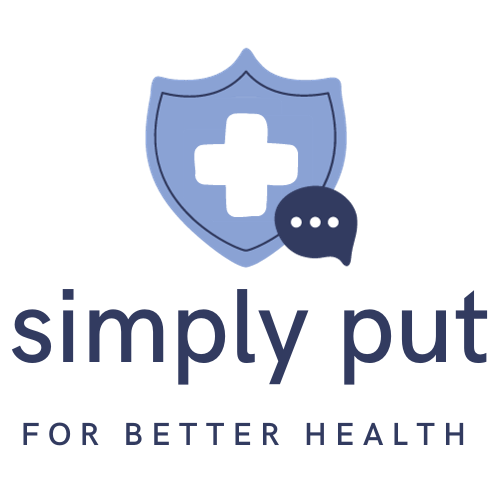Get rid of medical jargon
Recently, a friend shared with me an encounter she had at the hospital. My friend was with a patient in the Emergency Room. A doctor asked the patient, “If you code, do you want us to resuscitate you?”
A little bit about the patient:
Her primary language is not English.
She’s not well-versed in medical terms (like “code”).
She may not have read any forms about resuscitation completely at admission.
My friend told me that the question's intention was right, but the word choice caused confusion and embarrassment.
What would have been better? “If your heart stops beating, would you like us to push on your chest to keep you alive?”
I often remind clients that doctors learn about 55,000 new words in medical school, which patients likely do not know.
That’s why working with a plain language or health literacy consultant can be so beneficial. I’m here to point out the medical jargon. Sometimes it can be hard to look beyond words and phrases you’ve used for years and possibly even decades. Together, we can work on getting rid of medical jargon and creating clearer language that patients actually understand.
